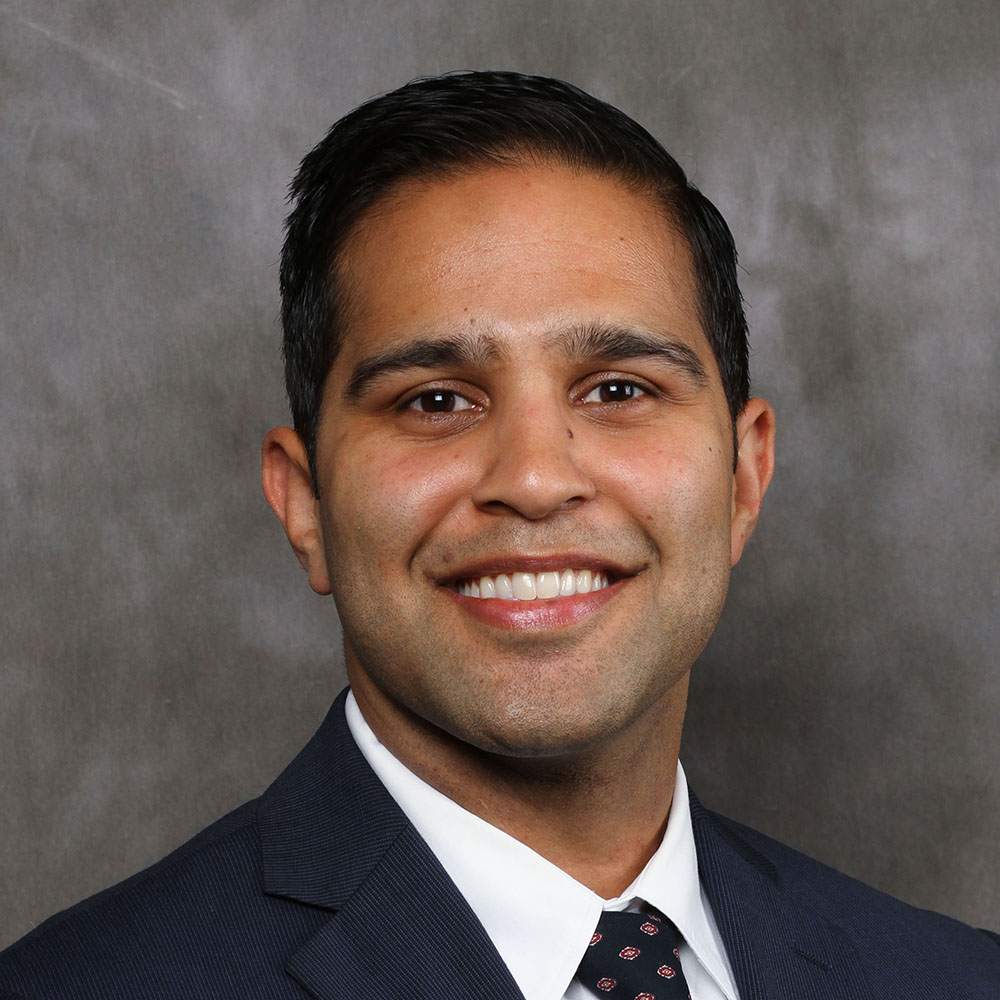Navigating Evidence, Experience and Expert Opinion: Training in Advanced HF and Transplant Cardiology

Cardiovascular medicine has a large foundation of evidence from which clinicians can make informed decisions. As a Fellow in Training in cardiology, content-rich guidelines are available with high levels of evidence. The benefit of beta blockers in heart failure with reduced ejection fraction or the efficacy of direct oral anticoagulants to prevent embolic stroke in patients with a diagnosis of atrial fibrillation are decisions supported with evidence from large clinical trials. Evidenced-based medicine (EBM) proponents often tout randomized controlled trials (RCTs) as the gold standard for evidence in clinical medicine. However, physicians report that they more often rely on clinical experience and opinions of colleagues over direct EBM literature when making decisions.
While training in advanced heart failure (HF) and transplant cardiology, time is spent concentrating on transplant cardiology and mechanical circulatory support (MCS). Should this patient with ventricular arrhythmias undergo catheter ablation prior to left ventricular assist device implant? When is the optimal timing of switching immunosuppression to a proliferation signal inhibitor after heart transplant? In these areas, there are far fewer large RCTs compared with general cardiology. The trials are smaller as there are fewer patients with end stage HF to participate. Much evidence in heart transplantation and MCS are based upon retrospective and registry data.
How does a trainee navigate the contrast between decision-making based on evidence with experience and expert opinion? An important starting point is becoming familiar with societal guidelines to provide a helpful framework for practice. Specifically, societies have both guidelines and consensus statements addressing these topics. Guideline recommendations are typically graded with a level (or quality) of evidence. Beyond this, consensus statements provide an excellent collection of how individuals practice when there is a lack of robust evidence.
Topics such as the medical management of established HF or the treatment of risk factors for HF have a significant amount of Level A evidence. However, areas such as desensitization strategies for patients awaiting transplant or the utilization of temporary MCS in cardiogenic shock patients that have little high-level evidence. In these areas, the blend of experience, expert opinion and institutional practice readily surface. I have found myself struggling with this contrast at times. However, balancing these differences when making clinical decision-making is what makes medicine an art as well as a science. Becoming comfortable with a lack of robust evidence and utilizing available data is part of the practice in advanced HF and transplant cardiology.
What other strategies are available to navigate these areas? For one, societies such as the International Society of Heart and Lung Transplantation (ISHLT) work to connect physicians across the globe to discuss complex cases and gather opinions based on experience and institutional protocols. The ISHLT Communities forum permits rapid discussion of challenging transplant and MCS cases. Beyond these resources, discussing challenging cases with senior faculty and mentors remains invaluable. The wisdom of years in practice can provide a tremendous sounding board in decision-making in patients with advanced HF who are often critically ill.
An understanding that RCTs are not necessarily a panacea to all clinical questions is imperative, as well. Individual patients will not necessarily fit the specifics of a cohort studied in a clinical trial. Moreover, in advanced HF, the patient population is aging and the application of EBM to a population with multiple comorbidities is not straightforward. Investigators are developing innovative ways to address this issue.
Luke Laffin, MD, et al., recently created a data-zone scoring system called a Trial score, which measures individual trial participant baseline characteristics and the distribution of participants around the theoretical "average" participant. This approach may allow us to quantify the quantify the distance of an individual from an average trial participant, attempting to quantify the generalizability of a trial to a patient. The concept being expressed is critical: we cannot rely solely on RCTs in advanced HF and transplant cardiology or in medicine. As science progresses and our understanding of patient phenotypes evolves, we will have to make more decisions with potentially less robust evidence. Understanding the limitations of EBM and balancing evidence and experience is what makes training in advanced HF and transplant cardiology and practicing medicine both a challenging profession and a joyful career.
This article was authored by Kevin S. Shah, MD, advanced heart failure fellow at Cedars-Sinai Medical Center in Los Angeles, CA.

